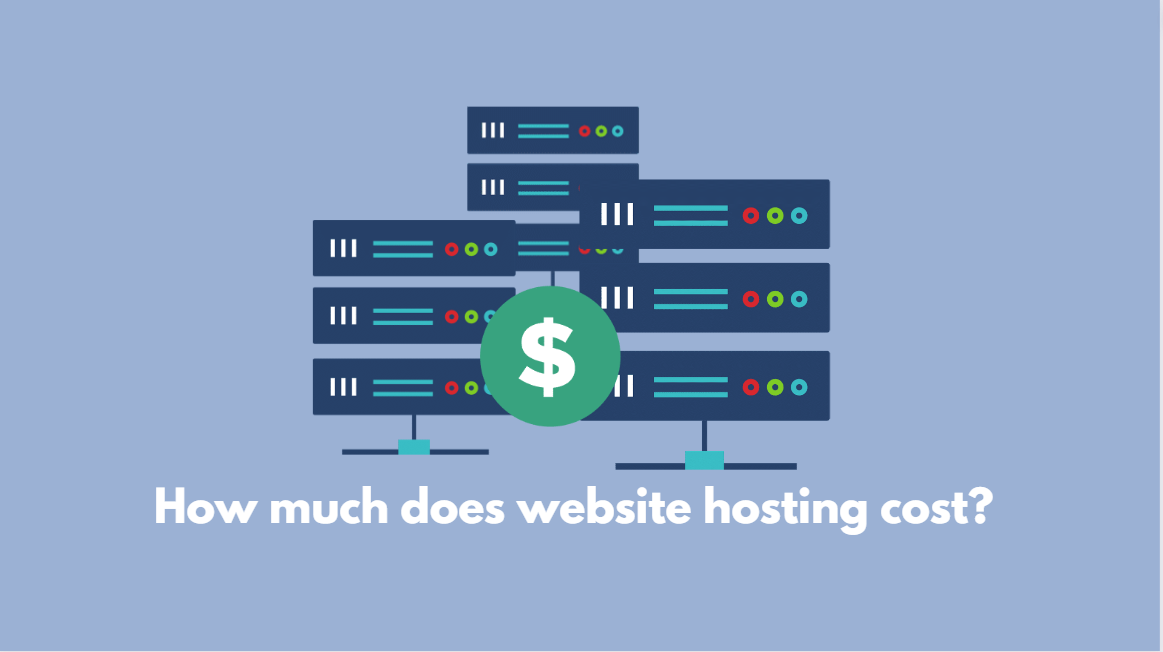Website hosting cost in 2023 [4 best providers compared]
- Why website hosting is important
- Common web hosting types and their costs
- Web hosting services compared
- 4 best web hosting providers
- Pros and cons of providers
- What affects web hosting costs
- Other costs of owning a website
What is the website hosting cost? Explore what website hosting is, and see the top providers and their prices.
What is website hosting and why is it important?
Website hosting is the process of storing and making websites accessible online. A website hosting service provides space on a server for website files, which can then be accessed by Internet users.
4 reasons why website hosting is important
- Accessibility: When a website is hosted on a server, it is accessible to anyone with an internet connection. This means that people can access your website from anywhere in the world at any time, which is crucial for businesses that want to reach a global audience.
- Reliability: A reliable website hosting service ensures that your website is up and running 24/7, with minimal downtime or errors. This is important for businesses that rely on their website to generate revenue, as even a few minutes of downtime can result in lost sales and customers.
- Security: Website hosting services offer various security measures to protect your website from cyber threats and hacking attempts. They can provide tools such as firewalls, malware scanners, and SSL certificates to keep your website secure.
- Customization: Website hosting services often provide a range of customization options that allow you to design your website to your specific needs. This can include options for different server types, content management systems, and programming languages.
In summary, having a web hosting provider allows businesses and individuals to make their websites accessible online, while also ensuring reliability, security, and customization options.
5 most common web hosting types and hosting costs

There are several types of hosting services available, each with its advantages and disadvantages.
Here are the most common types of web hosting:
1.) Shared Hosting
Shared hosting is the most common type of hosting and involves multiple websites being hosted on the same server. This type of web hosting is affordable and easy to set up, but shared hosting can result in slower website speeds and limited resources due to the sharing of server resources.
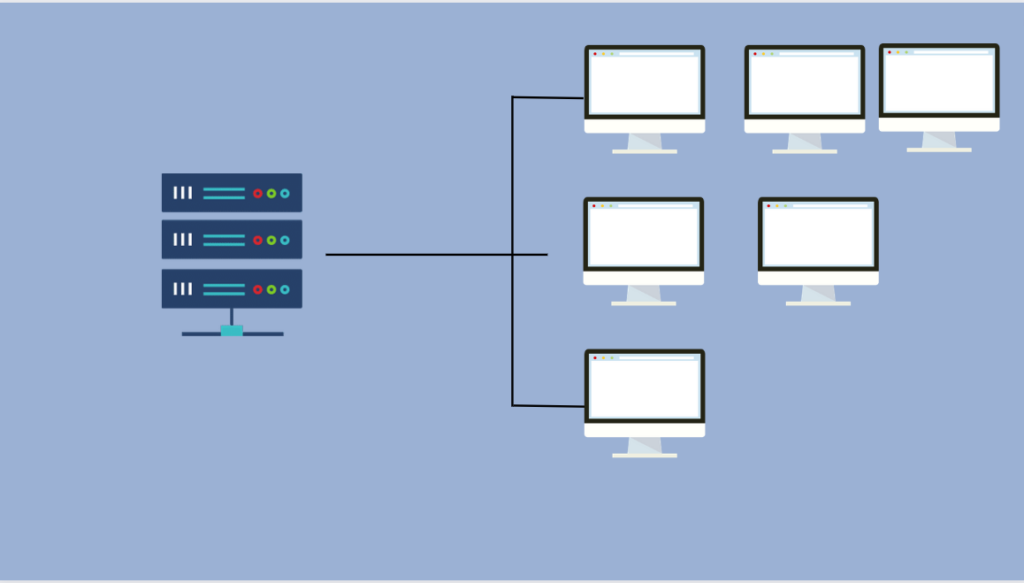
Shared hosting is typically the cheapest type of hosting, with prices ranging from $2 to $15 per month, depending on the shared hosting provider and the specific plan.
2.) Virtual Private Server (VPS) Hosting
VPS hosting involves a single physical server being divided into multiple virtual servers, each of which operates independently with its resources. VPS hosting gives more control and customization options compared to shared hosting but can be more expensive.
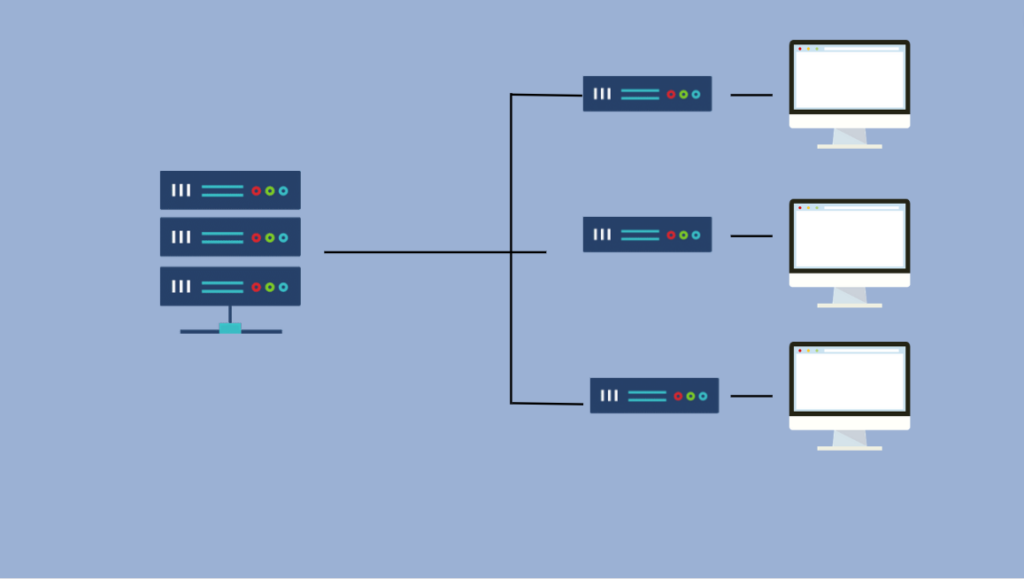
Unfortunately, it is more expensive than shared hosting, with prices typically ranging from $20 to $80 per month. However, prices can vary greatly depending on the number of resources allocated to each virtual server.
3.) Dedicated Hosting
Dedicated hosting involves a physical server being rented out exclusively to a single website. This type of hosting provides the highest level of control, customization, and performance. Dedicated hosting is also the most expensive web hosting service available.
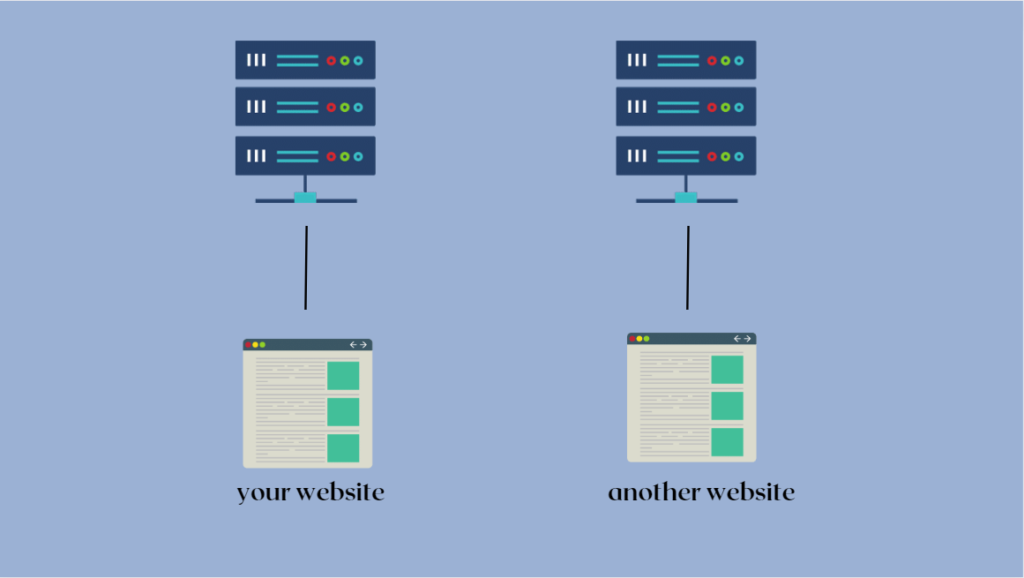
Dedicated hosting is the most expensive type of hosting, with prices typically ranging from $80 to $300 per month or more, depending on the hosting provider and the specific server configuration.
4.) Cloud Hosting
Cloud hosting involves websites being hosted on a network of servers, rather than a single physical server. This provides increased scalability, flexibility, and reliability, as resources can be scaled up or down as needed. Cloud hosting can be more expensive than other types of hosting, but provides excellent performance and uptime.
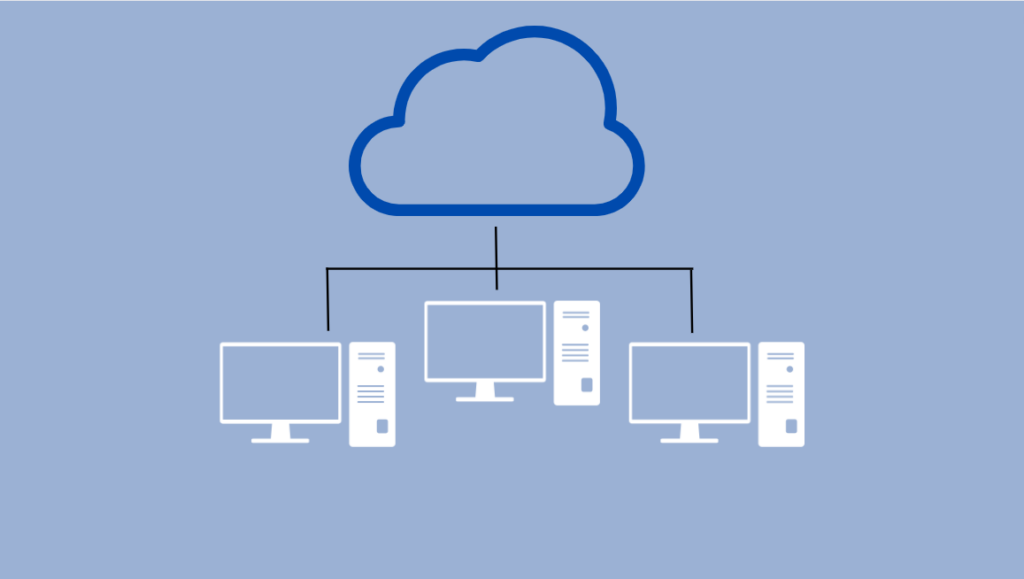
Cloud hosting can be more expensive than other types of web hosting, web hosting costs typically vary from $10 to $200 per month, depending on the hosting provider and the number of resources needed.
5. Managed WordPress Hosting
Managed WordPress hosting is a specialized type of hosting that is designed specifically for WordPress websites. This type of hosting provides optimized performance, automatic backups and updates, and specialized support for WordPress-related issues.
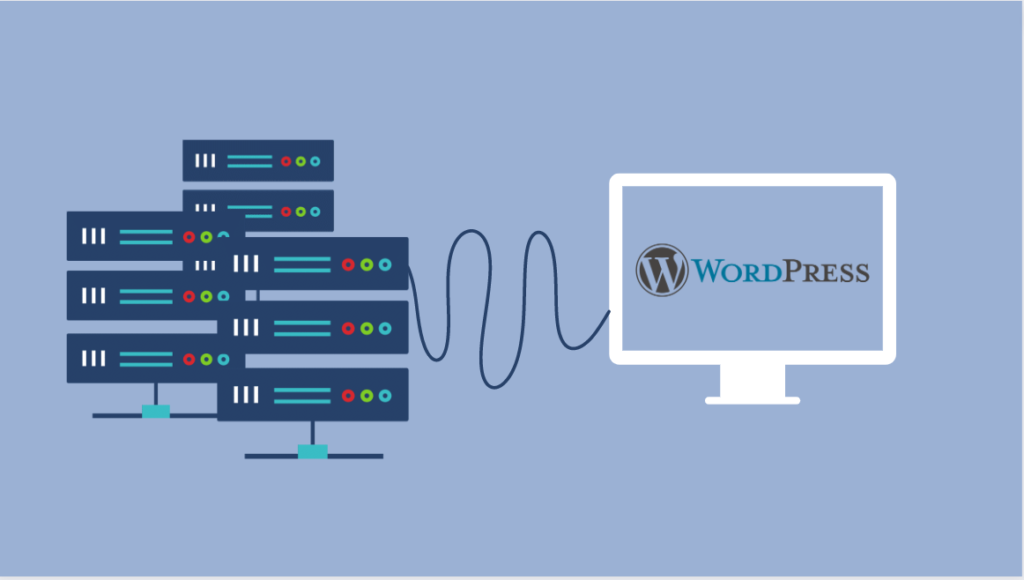
Managed WordPress hosting is usually more expensive than other types of hosting, with prices typically ranging from $10 to $50 per month or more, depending on the hosting provider and the specific plan.
+ E-commerce web hosting
This hosting is a specialized type of web hosting service designed specifically for online stores and businesses that sell products or services online. E-commerce hosting typically includes features and tools that are essential for running an online store, such as shopping cart software, payment processing, and inventory management.
Web hosting services compared
| Hosting Provider | Cost (Starting Price per Month) | Features |
|---|---|---|
| Hostinger | $1.39 (Shared Hosting) | Domain registration, website hosting (shared, VPS, cloud), WordPress hosting, website builder, SSD storage, daily backups, LSCWP cache plugin |
| HostGator | $2.75 (Shared Hosting) | Domain registration, website hosting (shared, VPS, dedicated, WordPress), website builder, SSL certificates, website backups |
| Bluehost | $2.95 (Shared Hosting) | Domain registration, website hosting (shared, VPS, dedicated, WordPress), website builder, SSL certificates, website backups, domain privacy |
| GoDaddy | $4.99 (Shared Hosting) | Domain registration, website hosting (shared, VPS, dedicated), website builder, WordPress hosting, SSL certificates, website backups, malware scanning |
Please note that the website hosting cost and features mentioned may vary based on the hosting plan and duration you select, and are also subject to change. Other factors aside from these should be considered when choosing a web hosting service, and it is important to do thorough research and consider your specific need before making a decision.
4 best web hosting providers compared in 2023
1. Hostinger
Hostinger is a hosting company that offers affordable and reliable solutions for individuals and small businesses to host a website.
6 features of Hostinger web hosting:
- Domain registration: Hostinger allows customers to search for and register free domain names for their websites.
- Website hosting: Hostinger offers various website hosting plans, including shared hosting, VPS hosting, and cloud hosting, to meet the needs of different businesses and website owners.
- Website builder: Hostinger provides an easy-to-use website builder tool that enables users to create a professional-looking website without any coding knowledge.
- E-commerce solutions: Hostinger offers e-commerce hosting plans that come with pre-installed online store software, payment gateway integration, and SSL certificates to ensure secure transactions.
- Email hosting: Hostinger provides email hosting services that allow users to create and manage email accounts with their domain name.
- Security: Hostinger offers various security features, including SSL certificates, website backups, and malware scanning, to protect websites from online threats.
The costs of Hostinger’s services are among the lowest in the industry.
The starting prices for some of their popular web hosting plans:
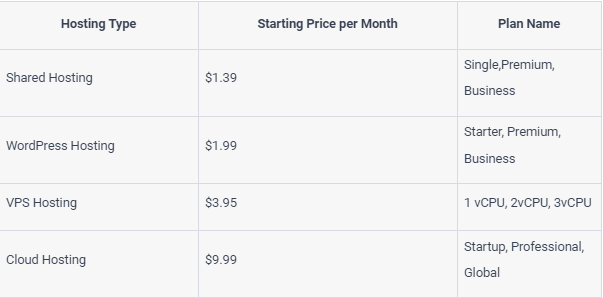
2. HostGator
This web hosting company provides various hosting plans and services, including shared hosting, WordPress hosting, VPS hosting, and dedicated hosting. HostGator is known for its reliable hosting services, easy-to-use features, and affordable pricing.
6 features are typically included in its hosting plans:
- Easy-to-use control panel: They offer a user-friendly control panel that makes it easy to manage your website, domains, and hosting account.
- One-click installs: A one-click installation of popular content management systems such as WordPress, Drupal, and Joomla.
- Custom email addresses: Allows you to create custom email addresses for your free domain name, such as yourname@yourdomain.com.
- Free SSL certificate: It provides a free SSL certificate with all hosting plans, which helps to secure your website and protect user data.
- 24/7 customer support: Their 24/7 customer support via phone, email, and live chat, to help you with any issues or questions that arise.
- Scalable hosting: Hosting plans are designed to be scalable, so you can easily upgrade your hosting plan as your website grows.
The cost of hosting plans varies depending on the specific plan and any additional features or services you choose.
Estimated price ranges for hosting plans:
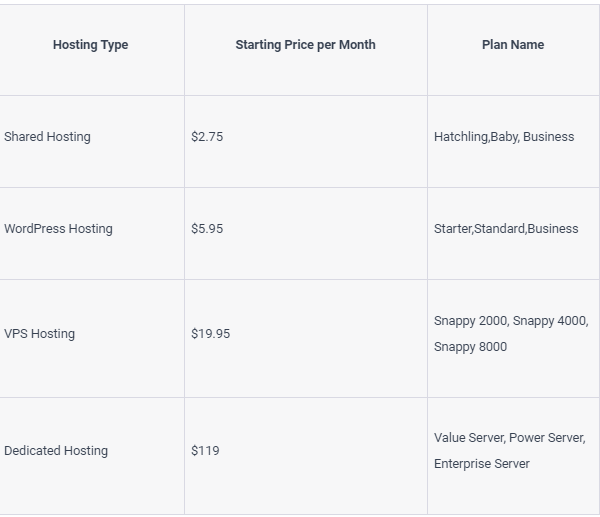
3. Bluehost
This hosting provider is a web hosting company that offers various web hosting services and plans, including shared web hosting, WordPress hosting, VPS hosting, dedicated hosting, and e-commerce hosting. Bluehost is a popular choice for website owners and businesses of all sizes, offering reliable hosting services, user-friendly features, and 24/7 customer support.
6 features are included in hosting plans:
- Easy-to-use control panel: It offers a user-friendly control panel that makes it easy to manage your website, domains, and hosting account.
- One-click installs: They have a one-click installation of popular content management systems such as WordPress, Drupal, and Joomla.
- Custom email addresses: They allow you to create custom email addresses for your free domain name, such as yourname@yourdomain.com.
- SSL certificate: Providing a free SSL certificate with all hosting plans, helps to secure your website and protect user data.
- 24/7 customer support: Their 24/7 customer support via phone, email, and live chat, helps you with any issues or questions that arise.
- Scalable hosting: Hosting plans are designed to be scalable, so you can easily upgrade your hosting plan as your website grows.
The cost of Bluehost hosting plans varies depending on the specific plan and any additional features or services you choose.
Website hosting cost ranges for Bluehost hosting plans:

It’s important to note that these are just estimated price ranges, and actual costs may vary depending on the hosting plan and any additional features or services you choose. It’s important to compare different hosting providers and plans to find one that fits your needs and budget.
4. GoDaddy
GoDaddy is popular among web hosting providers. As a web host, it provides a wide range of hosting packages including services, such as shared hosting, to help businesses establish an online presence.
6 key features of GoDaddy include:
- Domain registration: Allows customers to search for and register free domain names for their websites.
- Website hosting: Offers various website hosting plans, including shared hosting, VPS hosting, and dedicated hosting, to meet the needs of different businesses and website owners.
- Website builder: Provides an easy-to-use website builder tool that enables users to create a professional-looking website without any coding knowledge.
- E-commerce solutions: The e-commerce hosting plans come with pre-installed online store software, payment gateway integration, and SSL certificates to ensure secure transactions.
- Email hosting: Provides email hosting services that allow users to create and manage email accounts with their domain name.
- Security: Their various security features, including SSL certificates, website backups, and malware scanning, protect websites from online threats.
The costs of GoDaddy’s services vary depending on the specific plan and features chosen.
Starting prices for some of their popular web hosting plans:
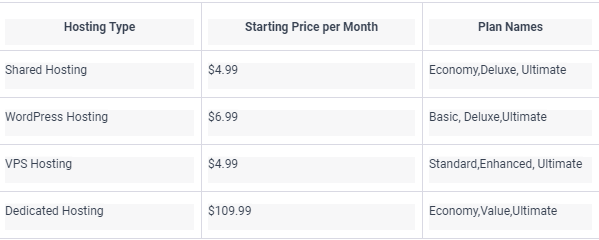
4 web hosting provider – pros and cons
1. Hostinger

Pros:
- Low starting prices for hosting plans.
- Provides a wide range of hosting services, including shared hosting, VPS hosting, WordPress hosting, and cloud hosting.
- Offers fast loading times and reliable uptime.
- Provides an easy-to-use control panel and website builder tool.
- Good customer support through live chat and email.
Cons:
- Limited customer support options compared to other hosting providers.
- Some advanced features and add-ons may be lacking.
- Data center locations are limited to certain regions.
2. HostGator

Pros:
- Provides a wide range of hosting services, including shared hosting, VPS hosting, WordPress hosting, and dedicated hosting.
- Offers unmetered disk space and bandwidth on many plans.
- Good customer support through live chat and phone.
- Provides a user-friendly interface and control panel.
Cons:
- Pricing with this provider to host a website can be higher compared to other hosting providers.
- Some users have reported slow loading times and uptime issues.
- Some advanced features may be lacking compared to other hosting providers.
3. Bluehost

Pros:
- Offers a wide range of hosting services, including shared hosting, VPS hosting, WordPress hosting, and dedicated hosting.
- Provides a user-friendly interface and control panel.
- Good customer support through live chat and phone.
- Offers a wide range of security features, including free SSL certificates.
Cons:
- Pricing can be higher compared to other hosting providers.
- Some users have reported slow loading times and uptime issues.
- Some advanced features may be lacking compared to other hosting providers.
4. GoDaddy

Pros:
- Wide range of hosting packages, including domain registration, website hosting, website builder, e-commerce solutions, and email hosting.
- User-friendly website builder tool with a drag-and-drop interface.
- Offers various security features to protect websites from online threats.
- Provides 24/7 customer support.
Cons:
- Pricing can be higher compared to other hosting providers.
- Limited flexibility in terms of server resources and configurations.
- Some users have reported slow loading times and uptime issues.
7 Factors that affect web hosting costs
- Server Location: The location of the server can affect website hosting costs, as servers in certain regions may be more expensive to operate and maintain than others.
- Bandwidth: Bandwidth refers to the amount of data that can be transferred between a website and its users. Hosting plans that offer more bandwidth tend to be more expensive, as they require more resources to operate.
- Storage Space: The amount of storage space needed for a website’s files, media, and content can also affect hosting costs. Hosting plans with more storage tend to be more expensive.
- Security Features: Hosting plans that offer advanced security features such as SSL certificates, firewalls, and malware scanning tend to be more expensive than basic hosting plans.
- Customer Support: Hosting plans that offer comprehensive customer support and technical assistance tend to be more expensive, but can be crucial for businesses that rely heavily on their websites.
- Type of Hosting: As mentioned earlier, different types of hosting have different costs associated with them. Shared hosting is usually the cheapest option, while dedicated hosting is the most expensive.
- Contract Length: Some providers offer discounts for longer contract lengths. For example, a one-year contract may be cheaper on a per-month basis than a monthly contract.
It’s important to consider these factors when choosing a web hosting service that meets your needs and budget.
Aside: the costs of owning a website
Domain Name Registration
To have a website, you will need to register a domain name for it. This is the address that people will use to access your site, such as www.yoursitename.com. Domain name registration typically costs around $10-$15 per year.

Website Design and Development
If you do not have the skills to design and develop your website, you may need to hire a professional to do it for you. The cost of website design and development can vary widely depending on the complexity of your site and the skills of the designer, but it typically ranges from a few hundred to several thousand dollars.
- Extensions: Also known as plugins or add-ons are tools that enhance the functionality of your website. Each platform offers its own set of free and paid extensions. For instance, WordPress provides a vast range of free plugins suitable for small to medium-sized websites.
- Themes: They are templates that customize the appearance of your website. Most website builders or CMSs provide free pre-made themes. Premium themes come with developer support and regular updates, which can help with branding.
E-commerce
eCommerce websites usually cost more than regular websites because they require extra features for managing and selling products and services. If you’re planning to start an online store or affiliate marketing, it’s important to consider your business type and the number of products or services you intend to sell.
Content Creation
Creating content for your website, such as blog posts, product descriptions, or videos, can be time-consuming and may require hiring a professional writer or videographer. The cost of content creation will depend on the type and amount of content you need.
Website Maintenance
Once your website is up and running, you will need a website maintenance service to ensure it runs smoothly and is secure. This may include software updates, security patches, and backups. You can choose to do this yourself or hire a professional. The cost of website maintenance will depend on the level of expertise required and the frequency of updates.
Marketing and Advertising
To attract visitors to your website, you may need to invest in marketing and advertising, such as search engine optimization (SEO), social media marketing, or paid advertising. The cost of marketing and advertising can vary widely depending on the strategies you use and the platforms you choose.
Conclusion
In conclusion, website hosting costs vary depending on the provider, type of hosting, and the specific plan and duration of hosting selected. While cost is an important factor to consider, it should not be the only one. It’s also essential to consider features, security, customer support, and other factors that could impact your website’s success. It’s important to do thorough research and compare different providers before deciding to make sure that you get the best value for your money and meet your specific needs. Additionally, owning a website also involves other costs, such as domain registration, extensions, and themes, that should be factored in when creating a budget for your website.
FAQ
The cost of hosting a website can vary depending on several factors, such as the provider, the type of hosting plan, the amount of storage and bandwidth needed, and any additional features or services included.
The cheapest way to host a website is to use a shared hosting plan, which can cost as low as $2 to $5 per month. Some popular shared hosting providers are Bluehost, HostGator, and DreamHost. Keep in mind that shared hosting means you’ll be sharing server resources with other websites, so it may not be suitable for high-traffic sites or those with specific performance needs.
